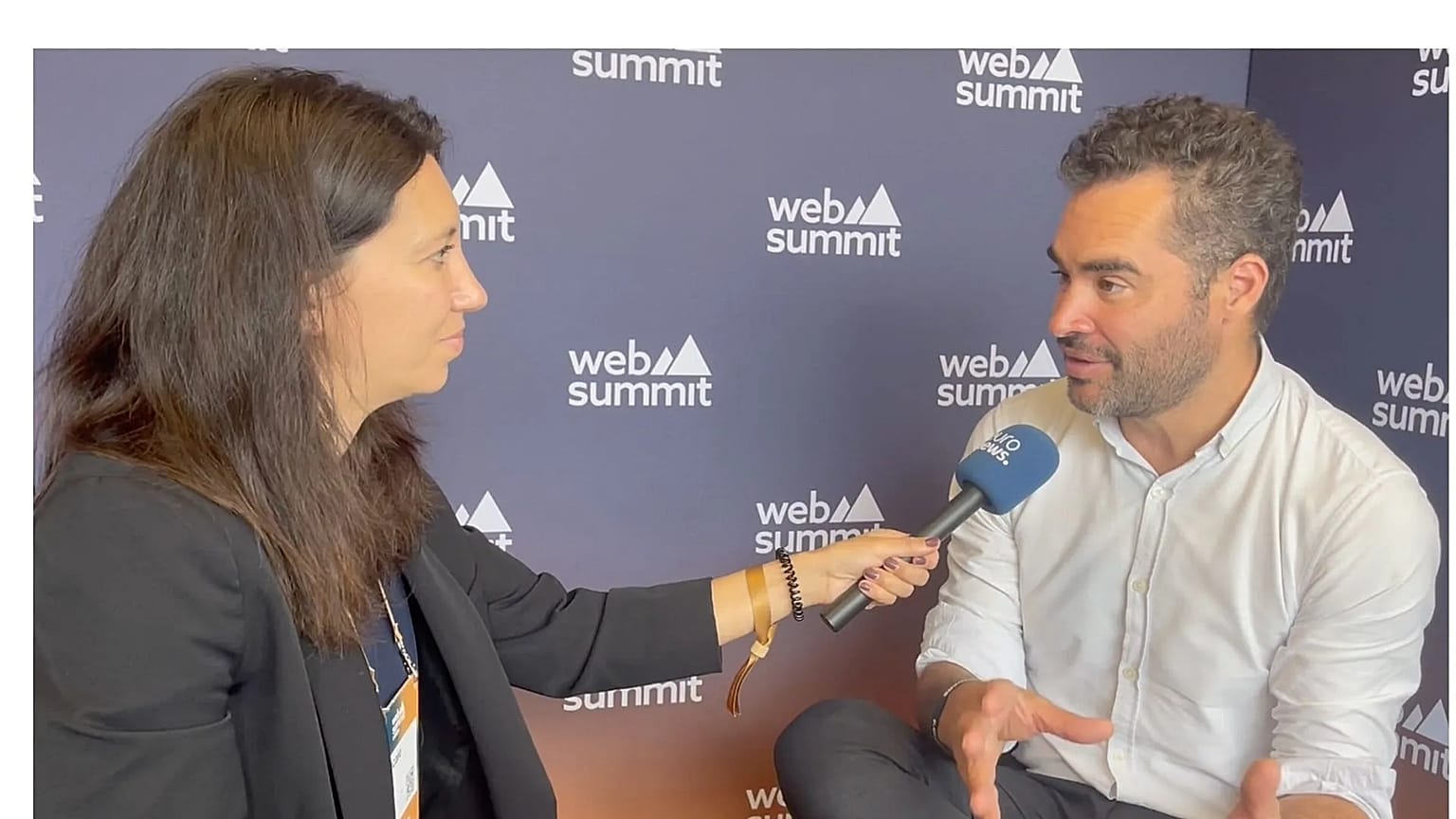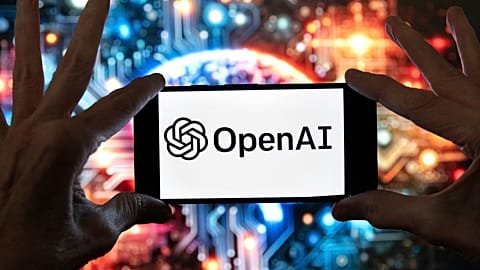The French AI startup’s Gautier Cloix told Euronews Next that while Europe can't compete with US giants on large language models, he believes the continent can succeed with AI agents.
Europe can be a key player in the global artificial intelligence (AI) race – but keeping tech talent in the bloc will be key, the chief executive of the French start-up H Company told Euronews Next.
 ADVERTISEMENT
ADVERTISEMENT
 ADVERTISEMENT
ADVERTISEMENT
China and the United States are battling to take the lead on the technology that promises to transform healthcare, manufacturing, and global economies. Countries that lead in AI will not only define global power, according to the Tony Blair Institute, but also grow their economies.
“If you look at AI, it's math, basically. It's like the most important skill for AI, and Europe has the most Fields Medals in the world,” said H Company CEO Gautier Cloix, referring to the prestigious maths prize.
”I think the talent is here. The question is, how do we retain talent and data?”
He said those working in AI will want to be in the best team and will move for that.
Cloix recently moved back to France after spending 10 years at Palantir Technologies in the US, and he said in the past month, around 10 tech employees have left the US or the United Kingdom to return to France and to H Company “because they see the potential”.
However, that potential probably won’t be in large language models (LLMs), which are used for generative AI tools such as ChatGPT. It is very hard to compete as US tech giants, such as OpenAI, have much more money.
H Company focuses on AI agents, which try to plan and complete tasks and solve problems with minimal human intervention. For example, an AI agent could do tasks such as drafting and scheduling emails or arranging travel.
Cloix said he uses an AI agent for recruiting, so instead of finding candidates himself on LinkedIn in the evening, he lets the AI agent do it and gives him a list of potential candidates.
But he said making a place on the global AI stage is not easy: “There is a strong competition. But personally, I like it”.
He added that competing with global companies can actually strengthen his own. While in Europe it might take nine months for a company to buy H’s AI agents, it is much faster in the US, where firms could make a purchase in as little as three weeks, as there are fewer loopholes to go through.
“I think sovereignty is great, but it shouldn't be projectionism. We should have some competition. It's like if you go to the Olympics, if you just play the French Championship, maybe you're not going to improve,” he said.
Cloix said that the advantage of being in Europe and adhering to the bloc’s regulations is that its technology is easier to deploy for governments and businesses.
Solving fragmentation
Regulation is one aspect of AI that Europe is leading on and has set the blueprint for other countries with its European Union’s AI Act.
While it has faced criticism for slowing down innovation, Cloix said this is not the main hurdle in Europe.
“I don't think regulation is an issue, but fragmentation is,” he said.
He explained that executive-level decisions, such as whether to hire more people or open an office in another country, can be difficult within Europe.
“If you just want to hire someone, one person from Belgium, it's impossible, the rules are different. The equity we give to employees, you can't give it to a Belgian employee. So we have a lot of fragmentation,” he said.
Asked if an AI agent could help with Europe’s fragmentation, he replied, “Honestly, I think they can”.
He referenced a client which is a world leader in a specific type of advertising that has 80 different subsidiaries around the world. As each country has different policies and IT systems, having an AI agent means you can have multiple specialists per country to apply the rules at the same time.
“In Europe, we need to agree on things, and consensus is important. But consensus takes time and is a lot of back-office work,” Cloix said, adding that the final meetings used to make decisions take maybe a third of the time.
“Agents cannot solve everything, but for sure they can divide by the waiting time for a passport, or the waiting time at the emergency room, for sure, they can,” he said.

















